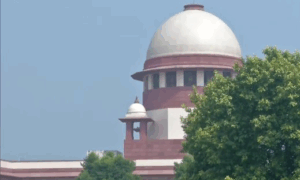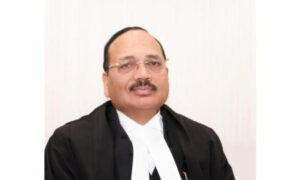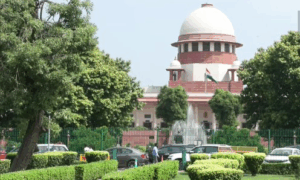
File Picture
The Supreme Court in a major ruling have announced that the office of the Chief Justice of India is a public authority and falls within the ambit of the Right to Information Act.
A five-judge Constitution bench headed by Chief Justice Ranjan Gogoi upheld the 2010 Delhi high court verdict and dismissed three appeals filed by Secretary General of the Supreme Court and the Central Public Information officer of the apex court.
Cautioning that RTI cannot be used as a tool of surveillance, the top court in its judgment held that judicial independence has to be kept in mind while dealing with transparency.
The bench, also comprising Justices N V Ramana, D Y Chandrachud, Deepak Gupta and Sanjiv Khanna, said that only the names of judges recommended by the Collegium for appointment can be disclosed, not the reasons.
While the CJI and Justices Deepak Gupta and Sanjiv Khanna have penned one judgment, Justices Ramana and Chandrachud have written separate verdicts.
It said that the Right to Privacy is an important aspect and it has to be balanced with transparency while deciding to give out information from the office of the Chief Justice.
Justice Chandrachud, who wrote a separate judgment, said the judiciary cannot function in total insulation as Judges enjoy constitutional post and discharge public duty.
Justice Sanjiv Khanna said independence of judiciary and transparency go hand in hand.
Justice Ramana, who concurred with Justice Khanna, said there should be balancing formula for Right to Privacy and Right to transparency and independence of judiciary should be protected from breach.
The high court on January 10, 2010 had held that the CJI office comes within the ambit of the RTI law, saying judicial independence was not a judge’s privilege, but a responsibility cast upon him.
[the_ad id=’22722′]


















